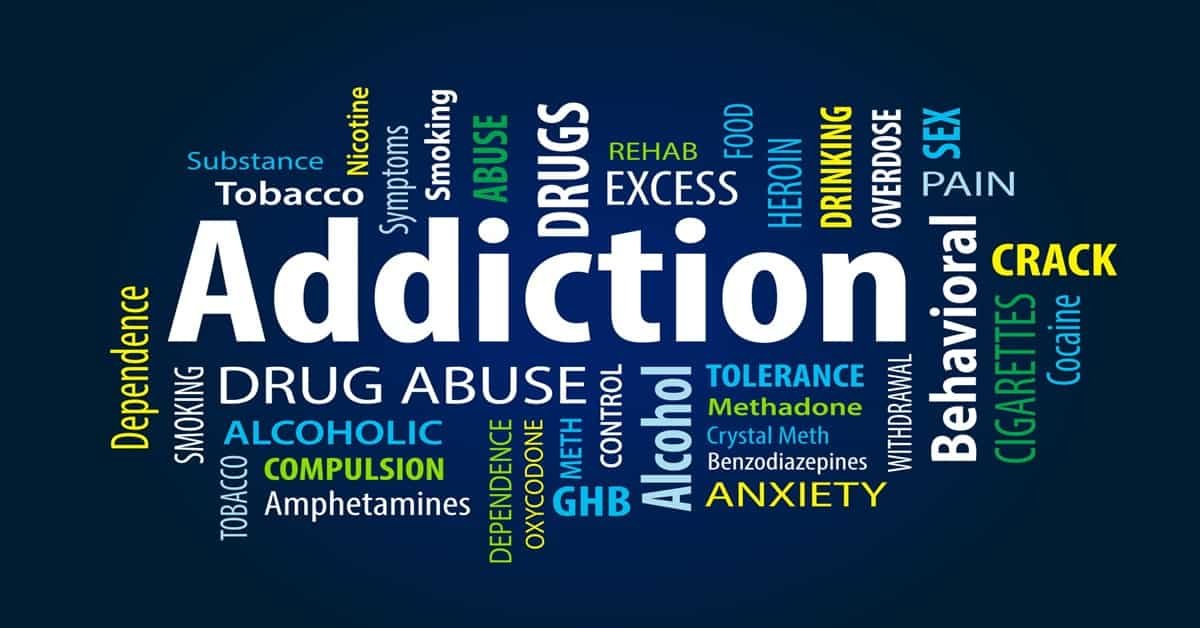How to Overcome Addiction: A Structured Approach
Addiction, whether to substances, behaviors, or activities, can have profound effects on individuals and their loved ones. Overcoming addiction is a challenging yet attainable goal, requiring commitment and a strategic approach.
Stopping an addiction is a multifaceted process that requires self-awareness, commitment, and often external support. Here are some essential steps to aid in the recovery process:
1. Understanding Addiction
- Recognize What Addiction Is: An addiction can manifest as physical dependency on substances (like drugs or alcohol) or behavioral habits (like gambling or gaming). Understanding that addiction is a condition that often involves both physical and psychological elements is crucial.
- Acceptance: Accepting that you have an addiction is vital. Denial can keep one trapped in harmful cycles, so acknowledging the issue is the first move towards recovery.
2. Self-Assessment
- Identify the Addiction: Write down what you’re addicted to and reflect on the role it plays in your life. This could be substances, behaviors, or activities.
- Assess Impact: Evaluate how your addiction affects various aspects of your life—health, relationships, work, and personal happiness.
3. Set Clear and Achievable Goals
- Define Your Goals: Establish what “stopping” means for you. Is it complete abstinence, moderation, or changing harmful habits? Make these goals specific and measurable. For example, “I will reduce my drinking to two days a week” rather than “I want to drink less.”
- Timeline: Create a timeline with short-term and long-term goals. This can help keep you motivated and provide checkpoints for your progress.
4. Identify Triggers and Influences
- Recognize Triggers: Identify what prompts you to engage in your addiction. This could be certain environments, emotions (like stress or anxiety), or social situations.
- Change Your Environment: Modify your surroundings to limit exposure to these triggers. If you’re trying to stop drinking, avoid bars or social gatherings centered around alcohol.
5. Build a Support Network
- Connect with Others: Reach out to friends or family members who can provide support and encouragement. Sharing your goals with someone can create a sense of accountability.
- Support Groups: Consider joining support groups such as Alcoholics Anonymous (AA), Narcotics Anonymous (NA), or other group therapies specific to your addiction. These groups can provide shared experiences and practical advice.
6. Seek Professional Help
- Therapy: Working with a counselor or therapist specialized in addiction can provide targeted strategies and coping mechanisms. Cognitive Behavioral Therapy (CBT) is particularly effective for many types of addiction.
- Medical Assistance: For some addictions, especially substance use disorders, medical treatment may be necessary. Speak with a healthcare provider about medication-assisted treatment or detox options if applicable.
7. Develop Coping Strategies
- Mindfulness and Stress Management: Engage in mindfulness practices, meditation, or yoga to help manage stress and cravings.
- Healthy Alternatives: Replace the addiction with productive activities. If you’re trying to quit smoking, for instance, engage in physical activities or creative hobbies when cravings arise.
8. Create a Routine
- Establish Structure: Having a daily routine can provide stability and reduce the temptation to fall back into old habits.
- Incorporate Healthy Habits: Engage in regular exercise, maintain a balanced diet, and ensure you’re getting enough sleep. Physical health contributes greatly to mental well-being.
9. Monitor Your Progress
- Journaling: Keep a journal documenting your thoughts, feelings, and progress. This can help you reflect on your journey and recognize patterns.
- Celebrate Achievements: Acknowledge and celebrate milestones, no matter how small. This can reinforce your commitment to recovery.
10. Practice Self-Compassion
- Be Kind to Yourself: Understand that recovery is often a non-linear process with ups and downs. If you experience a setback, evaluate what happened without harsh judgment and plan how to prevent it in the future.
- Positive Self-talk: Replace negative thoughts with positive affirmations. Remind yourself that you are working towards improvement and that change takes time.
11. Focus on Long-Term Benefits
- Visualize Success: Maintain a clear vision of what life can be like without your addiction. Consider maintaining a list of benefits you look forward to, such as better health, improved relationships, and enhanced well-being.
- Educate Yourself: Learning more about the effects of addiction can inspire you to maintain your resolve and provide motivation during difficult times.
FAQs on How to Stop Any Addiction
Here are some frequently asked questions (FAQs) regarding how to stop any addiction, along with clear answers to each:
1. What is the first step in overcoming an addiction?
- The first step is acknowledging that you have an addiction. Acceptance allows you to recognize the problem and begin seeking help or making changes.
2. How can I identify my triggers for addiction?
- Triggers can be emotional (stress, boredom), environmental (specific places or people), or situational (certain events). Keeping a journal to track when you feel the urge to indulge in the addiction can help you pinpoint these triggers.
3. Is it possible to overcome addiction on my own?
- While some people can manage their addiction on their own, many benefit from support systems, social networks, or professional help. Seeking assistance increases the chances of a successful recovery.
4. How can I develop a support system?
- Talk to trusted friends and family about your struggle, join support groups (like Alcoholics Anonymous or Narcotics Anonymous), or consider online communities focused on recovery.
5. What role does professional help play in recovery?
- Professionals can provide tailored strategies, therapy, and, if necessary, medical treatment for addiction. Therapies like Cognitive Behavioral Therapy (CBT) are effective in addressing the psychological aspects of addiction.
6. What coping strategies can I use to resist temptation?
- Develop healthy alternatives like exercise, hobbies, or mindfulness practices. Consider strategies like deep breathing, distraction techniques, and engaging in social activities that do not involve your addiction.
7. How long does it take to overcome an addiction?
- The duration varies for everyone and depends on the addiction’s nature, intensity, and individual commitment. Recovery is often a lifelong journey with ongoing progress and maintenance.
8. What should I do if I experience a relapse?
- Understand that relapse can be a part of the recovery process. Reflect on what led to the setback, seek support from your network, and re-evaluate your strategies and goals.
9. How can I maintain motivation in my recovery?
- Create a list of personal reasons for wanting to quit, set achievable goals, celebrate small victories, and remind yourself of the positive changes that come with quitting.
10. Are there lifestyle changes that can aid my recovery?
- Yes! Incorporate regular exercise, a healthy diet, sufficient sleep, and stress management practices into your routine. These changes can enhance your physical and mental well-being, supporting recovery.
11. What are the benefits of quitting an addiction?
- Benefits can include improved physical and mental health, enhanced relationships, increased financial stability, better work performance, and a greater sense of overall happiness and fulfillment.
12. How can I deal with social pressure related to my addiction?
- Communicate your goals to supportive friends and family, avoid high-risk situations, and seek out social environments that promote healthier activities and ways of having fun.
13. Is it normal to feel overwhelmed during recovery?
- Yes, it’s completely normal to experience feelings of overwhelm. Recognizing and allowing these feelings is part of the process. Engaging in self-care, seeking external support, and practicing mindfulness can help.
14. Should I consider medication for addiction recovery?
- Medication can be helpful for some types of addiction, especially substance use disorders. Consult a healthcare professional to discuss whether medication-assisted treatment is appropriate for your situation.
Conclusion
Recovery from addiction is a personal journey that requires dedication and time. Each person’s path may look different, and what works for one individual may not work for another. It’s essential to stay patient with yourself and maintain open communication with those who support you through the process.
If you’re feeling overwhelmed, remember that seeking professional help is a sign of strength, not weakness. The road to recovery can be demanding, but it is also filled with potential for growth, discovery, and renewal.


